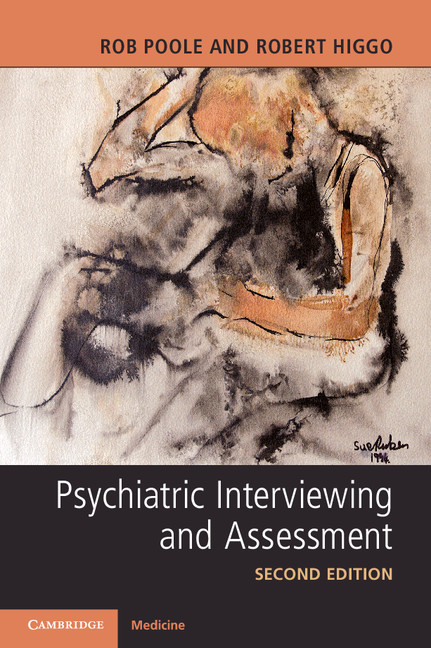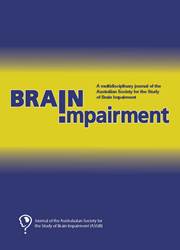Psychiatric Interviewing and Assessment
This book will help mental health professionals to develop the fundamental generic skills in interviewing and assessment which form the foundation of psychiatric practice. It is about the process of reaching a diagnosis and is a practical guide to help the reader make the transition from novice to competent clinician. It is based on real problems encountered in modern general adult psychiatric practice, and is set in a range of environments, in the clinic and in the community. The text is punctuated by a selection of case studies to illustrate the principles highlighted in the book. This book will be essential reading for all members of the mental health team. Its practical grounding in everyday clinical experience will appeal to trainee psychiatrists and more experienced clinicians alike, as well as to nurses, social workers and psychologists.
- Built around situations readily recognisable in everyday clinical experience
- Illustrated with case studies throughout
- Relevant to a range of mental health disciplines
Reviews & endorsements
'This book contains an abundance of practical advice and clinical practice wisdom … it sends a clear message that relating to patients in a warm, genuine, accepting, and inquisitive fashion provides the setting in which patients are encouraged to collaborate with the psychiatrist, become more self-reliant and autonomous, and progress along the path to recovery from mental illness.' Psychiatric Services
'It is written with a great sense of humour, lucidity, and without the unnecessary quest for a political correctness. The authors clinical acumen and experience are obvious. The chapters are straight to the point, well written, with good clinical illustrations, and with another good feature - the main points of each chapter are at the end of it.' Annals of Clinical Psychiatry
'This book needs to be considered as recommended reading for all doctors in training in psychiatry. … It provides illuminating and thought-provoking insights into self-awareness and the issues we as practitioners bring into the therapeutic relationship. These issues are captured succinctly by well-chosen clinical scenarios. The text is easily digested and readable, with summary points at the end of each chapter which help to make what can be enormous issues distilled and clear. … This book is disarmingly applicable and approachable. … it is an unsurpassed and important work.' British Journal Of Psychiatry
'This book contains an abundance of practical advice and clinical practice wisdom … I would wholeheartedly recommend the book to any student or clinician of any experience level in a mental health setting.' Justin J. Trevino, M. D. American Psychiatric Association
'Should be read by every psychiatrist.' David Enoch, BJPsych Bulletin (www.pb.rcpsych.org)
Product details
March 2006Adobe eBook Reader
9780511159190
0 pages
0kg
This ISBN is for an eBook version which is distributed on our behalf by a third party.
Table of Contents
- Acknowledgements
- Introduction
- Part I. What Am I Trying to Find Out Here?:
- 1. Diagnosis
- 2. History
- 3. Mental state and psychopathology
- 4. Cognitive state assessment and organic disease
- Part II. The Main Principles of One to One Interviewing:
- 5. Office based psychiatric assessment
- 6. Understanding and managing relationships with patients
- Part III. The Difficult Interview:
- 7. Difficulties relating to psychosis
- 8. Unpopular patients
- Part IV. Self Awareness:
- 9. Values and beliefs
- 10. Culture
- 11. Who should I be?
- Part V. Out of the Clinic:
- 12. Interviewing with other team members
- 13. Interviewing families and other informants
- 14. In the community
- Part VI. Drawing it all Together:
- 15. Personality
- 16. Risk and safety
- 17. Note keeping, letters and reports
- Afterword. Getting alongside patients.












